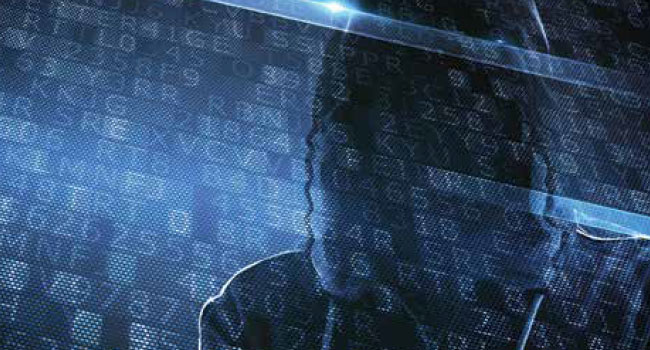
An Ounce of Prevention
Being prepared is worth more than a pound of cure
- By Siva G. Narendra
- Jul 01, 2017
Common sense dictates that it
is easier to stop something
from happening in the first
place than to repair the damage
after it has been done.
This is true if we cared about prevention,
but more than a billion passwords have been
hacked. The question is: Do you care? Because
cyber criminals, the underground marketplace
and nation-state cyber attackers are
making a bet you won’t.
Cybersecurity is a national security issue.
It is an economic stability issue with more
than $6 trillion worth of loss anticipated in
2021. Even the largest bank on the planet,
JPMorgan Chase, spent $250 million on cybersecurity
and still got hacked—therefore
the bank knows that it cannot spend its way
out of it. So before we figure out what to do,
we need to dissect how our current solution
is not working.
Just like a healthcare epidemic, when it
comes to hacking—the ecosystem prioritizes
a cure after the fact significantly more
than preventing before the fact. But, why?
In healthcare, addressing a cure afterwards
creates a lucrative business for the pharmaceutical
industry—it was $574 billion last
year in North America. Compare this to the
estimated $78 billion spent last year in North
America for preventive healthcare technologies.
A mere 12 percent is spent on prevention
and the remaining 88 percent on cure,
which in turn makes insurance expensive and
unsustainable.
Believe it or not, it is worse in cybersecurity.
Only 4 percent of the budget is spent
on prevention with the remaining 96 percent
cure focused. This is making the entire digital
marketplace terribly unhealthy, which will
ultimately have a negative impact on global
productivity.
Ideally, we could balance both prevention
and cure for a viable digital marketplace.
While logical, why are we so reliant on cure?
Perhaps because you and I think if our passwords
are stolen it is someone else’s problem
to cure it. We only care about convenience,
and we cannot be bothered about preventing
loss of identity.
Why are we outraged when a burglar
walks in our homes but not when digital burglars
get into the mobile phone or computer
you are reading this in? Perhaps we cannot
see that our computers and mobile phones
are unhealthy.
Have we given up that this cannot be
solved? I contend that it can be solved, but
it is going to require a drastic change in how
we operate and how we create policies. Just
like everything else, prevention is better than
cure. But, cure after the fact through analytics
in hacking, just like in healthcare, makes
the industry much more money because it
does not stop the root cause of the problem.
Why would the industry focus on prevention
when cure is more lucrative?
According to re:ID magazine, approximately
$3 billion was spent on prevention
of identity loss and $73 billion was spent
on cure after loss of identity occurs. Call me
outraged, but unless we focus on more prevention
we are going to reach an inflection
point when this apathy will result in irreversible
damage. That is why digital crime is expected
to grow from a $3 trillion in 2015 to
a $6 trillion industry by 2021. It is not only
bigger than the GDP of most countries, but
it is growing faster than any economy. Clearly
at this scale we cannot spend our way out.
Ultimately, we need to work smarter
and prevent loss before it happens. This is
already starting to happen in some areas
of our lives. It is very likely that the credit
card or debit card in your wallet has a chip
in it. These chip cards cannot be cloned and
therefore effectively prevent remote compromises
which otherwise creates havoc. Unlike
clonable identities like magstripes and passwords,
chip card technology prevents loss as
opposed to trying to cure the loss after the
loss occurs.
Enabling chip cards to protect identities
and crypto keys both in the physical world
and the cyber world is the next frontier. Once
we have the combination of protection enabled
by unclonable chip card technology
and the cure enabled through analytics and
machine learning, it will form the basis for a
healthy and viable digital
marketplace.
Help in the creation of
a secure digital marketplace.
This article originally appeared in the July 2017 issue of Security Today.
About the Author
Siva G. Narendra is the cofounder and CEO of Tyfone.